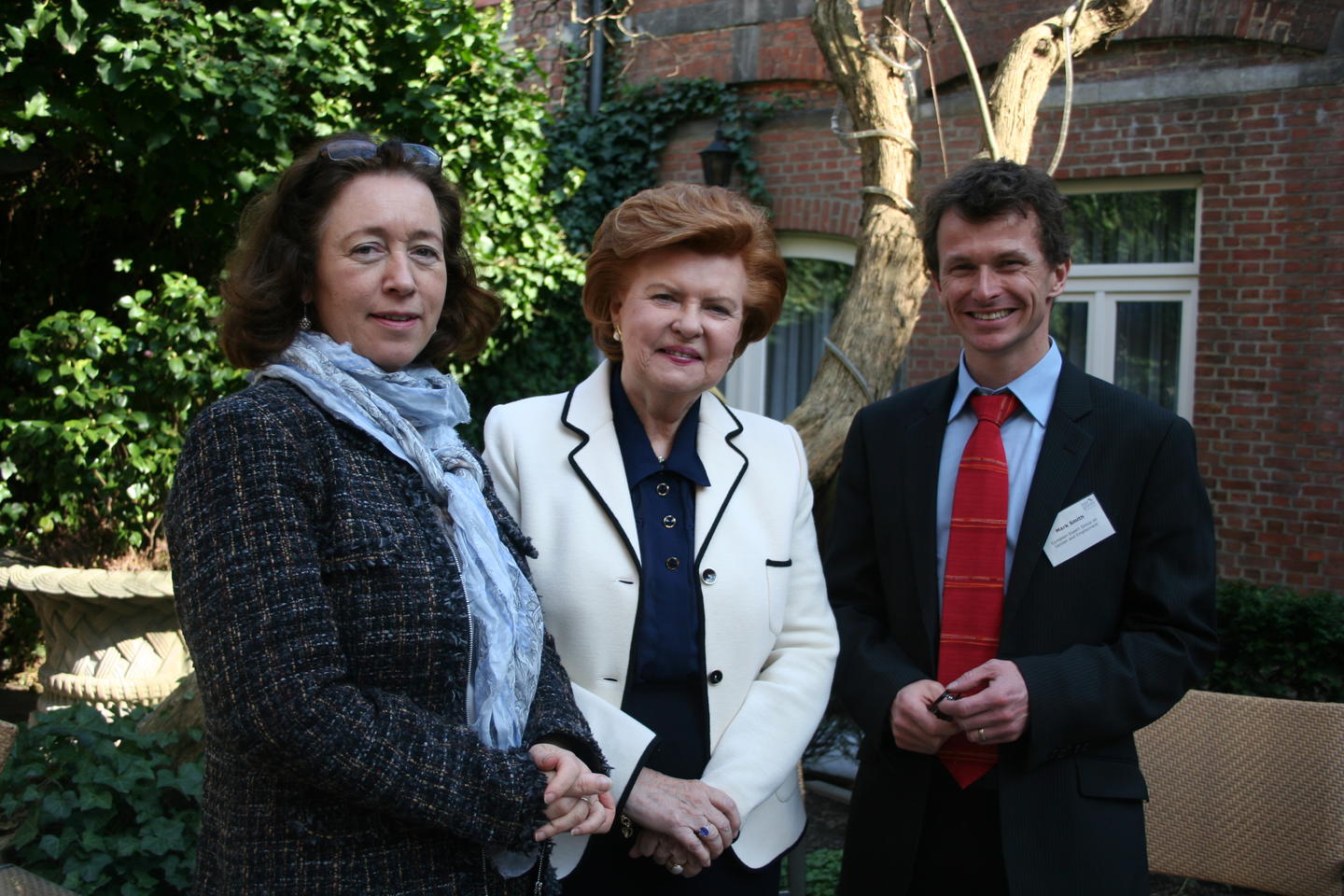Marking the 100th anniversay of International Women's Day, participants discussed the economic case for equality, as well as issues around gender-based violence, the challenges facing migrant women, and improving work-life balance.
Keynote speaker, former Latvian President Vaira Vīķe-Freiberga, said that, "we can look back on the progress of the last 100 years with pride" but underlined that there are still huge disparities that must be addressed in the condition of women worldwide today.
The event also provided a forum for showcasing projects, exploring potential partnerships and sharing ideas for programmes on gender issues under the 2009-14 EEA and Norway Grants funding scheme.
You can download all the presentations from the event here. A comprehensive report of the event will be made available soon.
Presentations:
Welcome address - Ingrid Schulerud, Ambassador, the Norwegian Ministry of Foreign Affairs
The economic case for gender equality - Mark Smith, European Expert Group on Gender and Employment
Including migrant women in the European labour force- Virgina Wangare Greiner, Chair of the European Network of Migrant Women
Opportunities for promoting gender equality under the EEA and Norway Grants 2009-14 - Kristin Sverdrup, Head of the EEA and Norway Grants 2009-14
Gender mainstreaming - the Norwegian experience - Arnie Hole, Director General, Norwegian Ministry of Children, Equality and Social Inclusion
Showcasing projects, exchanging experiences, sharing ideas:
Theme 1: Improving work-life balance
Liss Schanke, Norwegian Association of local and Regional Authorities
Maria do Rosário Carneiro, Member of the Portugues Parliament
Mariano Álvaro Page, Spanish Women's Institute
Theme 2: Tackling domestic and gender-based violence
Julia Girardi, Women Against Violence Europe (WAVE) network
Barbora Burajová and Jana Zezulová, Open Society Foundation & Pro Choice, Slovakia
Ingvild Hoel, National Police Directorate, Norway
Hilde Pape and Wenche Jonassen, Norwegian Centre for Violence and Traumatic Stress Studies
Perspectives for future programmes on gender equality under the EEA and Norway Grants
Luis Simó Moreno, Spanish Ministry of Health, Social Policy and Equality
Pavla Špondrová, Equality Unit, Government Office of the Czech Republic
